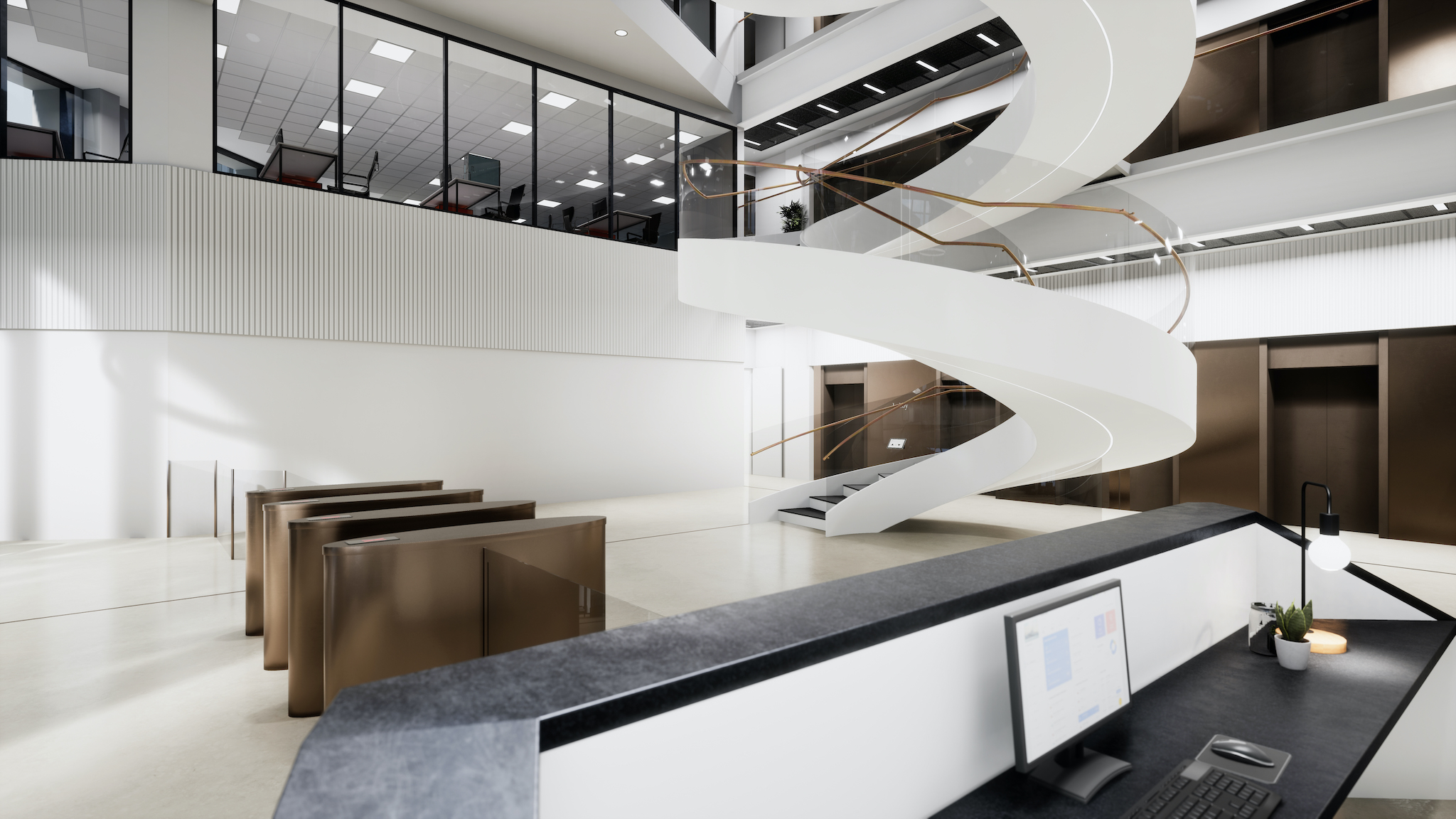
By Elgan Jones, development manager at Cubex, the developer behind Finzels Reach
There’s a lot of talk of smart buildings at the moment; how the Internet of Things is going to revolutionise the way we work; how technology is shaking up the property world. But what does this really mean? What difference will this make to people’s lives? And what challenges does this pose for speculative developers?
At Cubex, we are hearing one key ask from occupiers: we need to be designing office space for the next generation. We need to be thinking ahead, beyond the needs of the existing senior management and placing the emphasis on how workers experience their environment. There’s no point in having technology for technology’s sake; it needs to add value to the building and make it a better place to be.
I recently visited Deloitte’s HQ in London, considered to be the ‘smartest building the UK’ and an example of things to come. They’re continuing to evolve their workspace to ensure they attract talent and clients. Screens in reception show the location of empty seats within the building, so staff know where they can go and find a place to work. Temperature and carbon dioxide monitors ensure the climate is optimum for workers, ensuring a comfortable environment. You can pre-order your lunch so it’s ready for you at one of the many cafes.
But technology is the easy bit. The key is to understand what you want to achieve. At Cubex, we are looking ahead to the next phase of Finzels Reach, one of the South West’s largest regeneration projects. Subject to planning, we are looking to create new homes, as well as smart workspace for around 1100 people. We’ve appointed a smart technology consultant to help us deliver our vision. We want to create workspace that prioritises customer experience, is as energy efficient as possible and one where the emphasis is on the health and happiness of those who work there.
Some of the ideas we’re considering include clever cycling provision. We’re seeing a decreased reliance on cars in city centre developments, so a system which makes your cycle to work as smooth as possible is crucial. A barrier responding to the cyclist’s mobile phone to allow access, an app allowing lockers to be pre-booked, a lift that automatically directs you to the correct floor, the ability to get your bike repaired or serviced on site… all these features help make getting to work more enjoyable and stress-free. I’ve visited numerous offices where just the process of entering the building adds 15 minutes to your journey, not to mention being an unpleasant experience.
The challenge for Cubex as a speculative developer is that the buildings we create are likely to be multi-tenanted, and they will all have differing expectations from their workspace. The Deloitte building was a single occupier building, so was bespoke to their requirements. But when you’re creating space before tenants are on board, it’s a different story. It’s about striking that balance in terms of integrating the right technology and systems, whilst not imposing too much on tenants. The key is future proofing, simplicity and having a clear purpose, whilst concentrating on the customer experience in the early stages of the design.
Smart buildings are interactive, they’re designed to make your working life better, and they’re the future of office design. Watch this space!